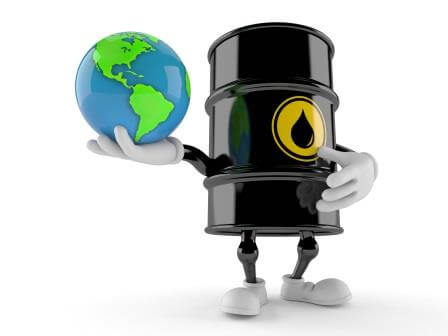Oil change vs. oil maintenance – Hydraulic oil
Although domestic sales of hydraulic oil have fallen significantly in recent years, they still amounted to an impressive 80.2 thousand units in 2018. tons (source: MWV Annual Report 2019). According to a study, an average of 75% of hydraulic oils are recycled and reprocessed or used as a substitute for normal fuels in combustion plants.
(Source: Research Report 204 31 32, Federal Environment Agency)
In some cases, however, they must be disposed of as hazardous waste if, for example, the legal limits for PCB and total halogen content are exceeded.
It is also very important to use the different oils according to the different oil types. The waste must be separated according to the collection categories and not mixed with other “waste”, otherwise processing may be impossible or very time-consuming and costly.
Burning waste oil also produces approx. 2.6 kg of CO2 per 1 liter of waste oil, which corresponds to driving approx. 12 km in a diesel car (assumed consumption of 6.9 liters/100 km)
To increase the return rate, it is worth checking for leaks in the hydraulic system and rectifying them. Filtration designed for the process ensures additional protection of the components and extends the service life of the hydraulic oil.
However, if the hydraulic oil becomes contaminated due to the process or comes into contact with water, an oil change can be prevented with targeted ultra-fine filtration. In some applications, it is worth retrofitting an off-line filter system to extend the service life of the oil and the system-relevant components.
Disposal of the filter elements also generates “hazardous waste”, but attention can already be paid to resources during the design and manufacture of these filter elements. Some manufacturers, for example, use filter materials made from renewable raw materials (cellulose, cotton, sheep’s wool, etc.) Furthermore, the absorption capacity of dirt and water is optimally utilized. This means that extending the oil change intervals can certainly save a kilogram or two of CO2.
We are happy to support you in all aspects of the filtration of hydraulic and lubricating oils, please contact us!
lars.benk@schuhmacher-tech.de or +497424/9495-663












